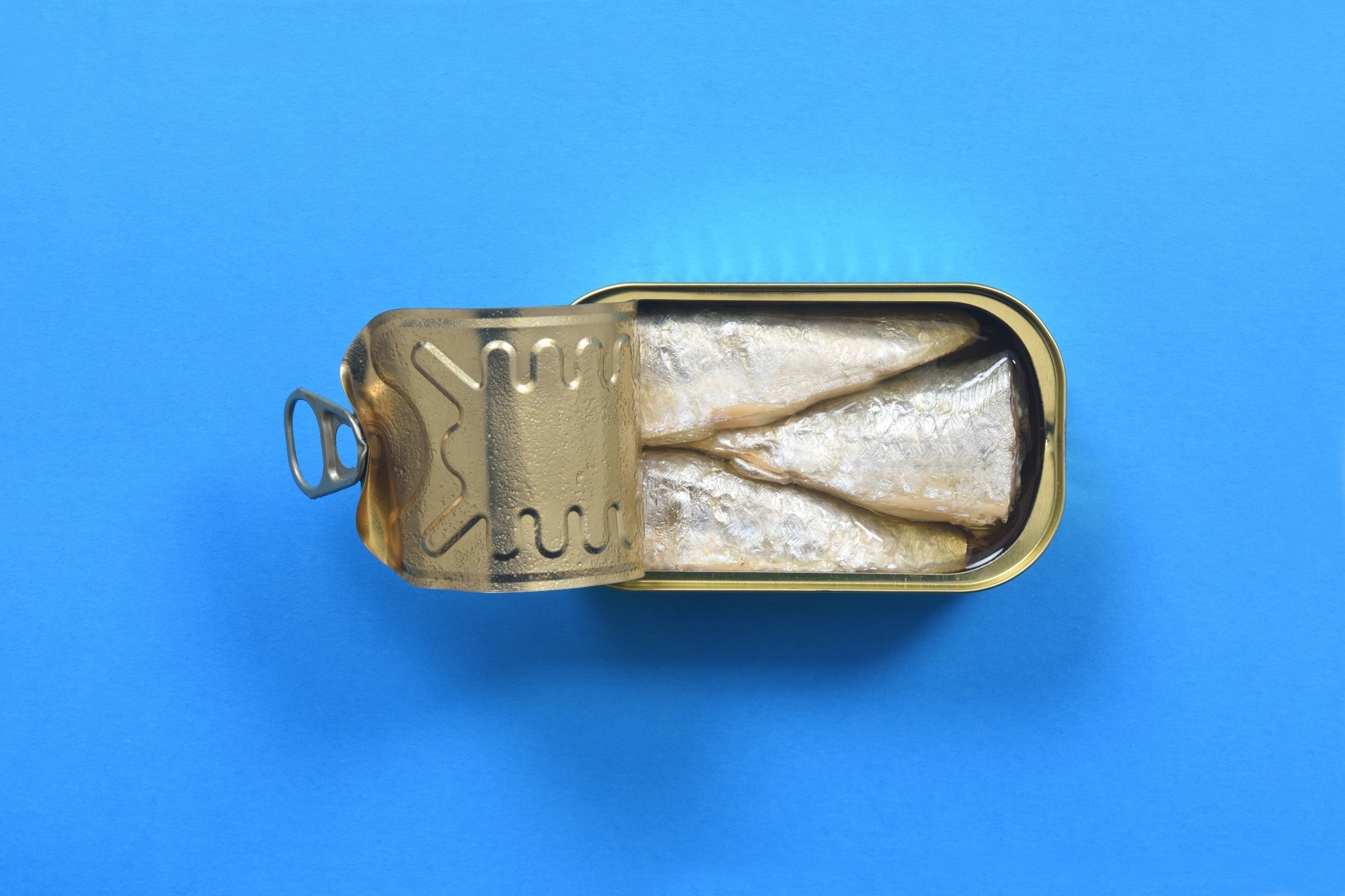An outbreak of food-borne botulism occurred in Bordeaux, France, during the Rugby World Cup in September 2023. The journal Eurosurveillance published a detailed case report on eight patients infected with Clostridium botulinum type B.
 Rapid Communication: Food-borne botulism outbreak during the Rugby World Cup linked to marinated sardines in Bordeaux, France, September 2023. Image Credit: Josep Curto / Shutterstock
Rapid Communication: Food-borne botulism outbreak during the Rugby World Cup linked to marinated sardines in Bordeaux, France, September 2023. Image Credit: Josep Curto / Shutterstock
Case reports
The first patient with neuro-ophthalmic, digestive, ear, nose, and throat symptoms was admitted to the intensive care unit (ICU) at Bordeaux University Hospital on September 6, 2023. Although initially treated for Guillain–Barré syndrome, the patient was suspected to have botulism, which is a severe neuro-paralytic disease caused by the bacterium clostridium botulinum.
Afterward, seven patients with similar symptoms were admitted to the ICU between 9 – 12 September 2023. All patients were attending the Rugby World Cup in France. The analysis of patients’ histories revealed that the possible infection source was home-canned sardines consumed in the same restaurant in Bordeaux. The hospital informed public health authorities about a possible outbreak of botulism.
The average duration between sardine consumption and the appearance of symptoms was 13 hours. Patients were admitted to the ICU after 42 hours of symptom onset. Six patients needed invasive mechanical ventilation because of respiratory muscle paralysis. Botulism antitoxin was used to treat all eight patients. As of October 12, 2023, six patients were discharged, and two patients were still receiving mechanical ventilation.
Diagnosis of botulism
Serum samples were taken from the patients and subjected to a mouse bioassay. The assay results confirmed the presence of type B botulinum neurotoxin in two samples. Furthermore, rectal swabs collected from the patients were analyzed by real-time polymerase chain reaction (PCR) targeting botulinum neurotoxin-producing clostridia. The results confirmed the presence of Clostridium botulinum type B in three samples. Clostridium botulinum type B is a Gram-positive, anaerobic bacterium responsible for botulism.
Biological confirmation of botulism could not be obtained for the other three patients. All tests showed negative results for two patients who did not require invasive mechanical ventilation. As mentioned by the scientists, negative results could be due to inadequate fecal materials in some rectal swabs.
The analysis of suspected home-canned sardines by real-time PCR also confirmed the presence of type B botulinum neurotoxin and Clostridium botulinum type B.
Implementation of control measures
The French National Public Health Agency took a step to stop the botulism outbreak on September 11, 2023, by instructing the restaurant to remove all contaminated foods. On September 12, the French Directorate General of Health sent a national alert to all medical practitioners regarding the outbreak.
On September 13, the French National Public Health Agency issued an online press release to advise people who had visited the restaurant between 4 – 10 September to contact medical practitioners if experiencing symptoms related to botulism.
The French health authorities also contacted the European Centre for Disease Prevention and Control and the World Health Organization to assess the risk of possible botulism outbreaks outside France.
Significance
Food-borne botulism is the most common type of disease caused by inadequately processed, preserved, or fermented foods. In France, a total of 82 outbreaks of food-borne botulism were detected between 2008 and 2018, with a maximum of six people involved in a single outbreak.
The outbreak occurred during the 2023 Rugby World Cup and involved a total of 15 individuals from different nationalities. All 15 cases were caused by the contaminated sardines from the same restaurant.
Clostridium botulinum type B is the most commonly detected serotype in human botulism cases. Although type B toxin infections are caused mainly by the consumption of canned foods, this particular serotype is less indicative of a food-borne outbreak related to fish consumption. Thus, scientists believe the current outbreak might be associated with olive oil or aromatic herbs used to prepare sardines before canning.
Overall, the study highlights the importance of rapidly identifying suspected botulism cases and the source of infection and notifying public health authorities about the cases in order to control large-scale outbreaks.